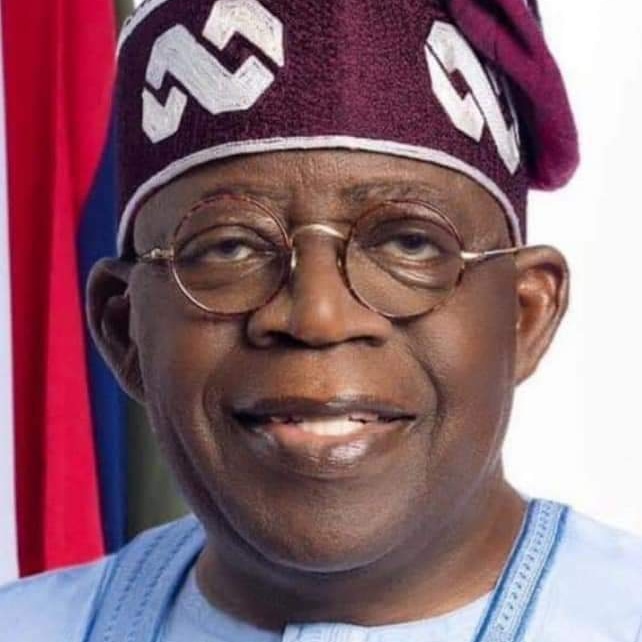President Bola Ahmed Tinubu has said that for the next six months for civil servants described as average low-grade Workers shall receive an additional N25,000 per month.
The president said this in his nationwide broadcast as part of the programme of events marking Nigeria’s 63rd Independence anniversary celebration.

“Based on our talks with labour, business and other stakeholders, we are introducing a provisional wage increment to enhance the federal minimum wage without causing undue inflation. For the next six months, the average low-grade worker shall receive an additional N25,000 per month,” he announced, while outlining measures being taken to relieve the stress on families and households after the removal of fuel subsidy and unification of exchange rates.
President Tinubu said his government was doing all it could to ease the load, stating, “We have embarked on several public sector reforms to stabilise the economy, direct fiscal and monetary policy to fight inflation, encourage production, ensure the security of lives and property and lend more support to the poor and the vulnerable.”
The president said THAT commencing this month, the social safety net was being extended through the expansion of cash transfer programmes to an additional 15 million vulnerable households.
He added that the government had set up an Infrastructure Support Fund for states to invest in critical areas to ensure better grassroots development, stressing, “States have already received funds to provide relief packages against the impact of rising food and other prices.”
President Tinubu said the government had also opened a new chapter in public transportation through the deployment of cheaper, safer Compressed Natural Gas (CNG) buses across the country, adding that “These buses will operate at a fraction of current fuel prices, positively affecting transport fares.
New CNG conversion kits will start coming in very soon as all hands are on deck to fast track the usually lengthy procurement process. We are also setting up training facilities and workshops across the country to train and provide new opportunities for transport operators and entrepreneurs. This is a groundbreaking moment where, as a country, we embrace more efficient means to power our economy. In making this change, we also make history.”
The president said his administration was providing investment funding for enterprises with great potential to boost employment and urban incomes.
He added that the government was equally “increasing investment in micro, small and medium-sized enterprises.”
President Tinubu, who restated the reasons behind the ongoing reforms in the country, appealed for more understanding from citizens.
He said, “I said bold reforms were necessary to place our nation on the path of prosperity and growth. On that occasion, I announced the end of the fuel subsidy.
“I am attuned to the hardships that have come. I have a heart that feels and eyes that see. I wish to explain to you why we must endure this trying moment. Those who sought to perpetuate the fuel subsidy and broken foreign exchange policies are people who would build their family mansion in the middle of a swamp. I am different. I am not a man to erect our national home on a foundation of mud. To endure, our home must be constructed on safe and pleasant ground.
Reforms may be painful, but it is what greatness and the future require. We now carry the cost of reaching a future Nigeria where the abundance and fruits of the nation are fairly shared among all, not hoarded by a select and greedy few; a Nigeria where hunger, poverty and hardship are pushed into the shadows of an ever fading past.
“There is no joy in seeing the people of this nation shoulder burdens that should have been shed years ago. I wish today’s difficulties did not exist. But we must endure if we are to reach the good side of our future.”







